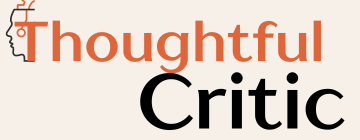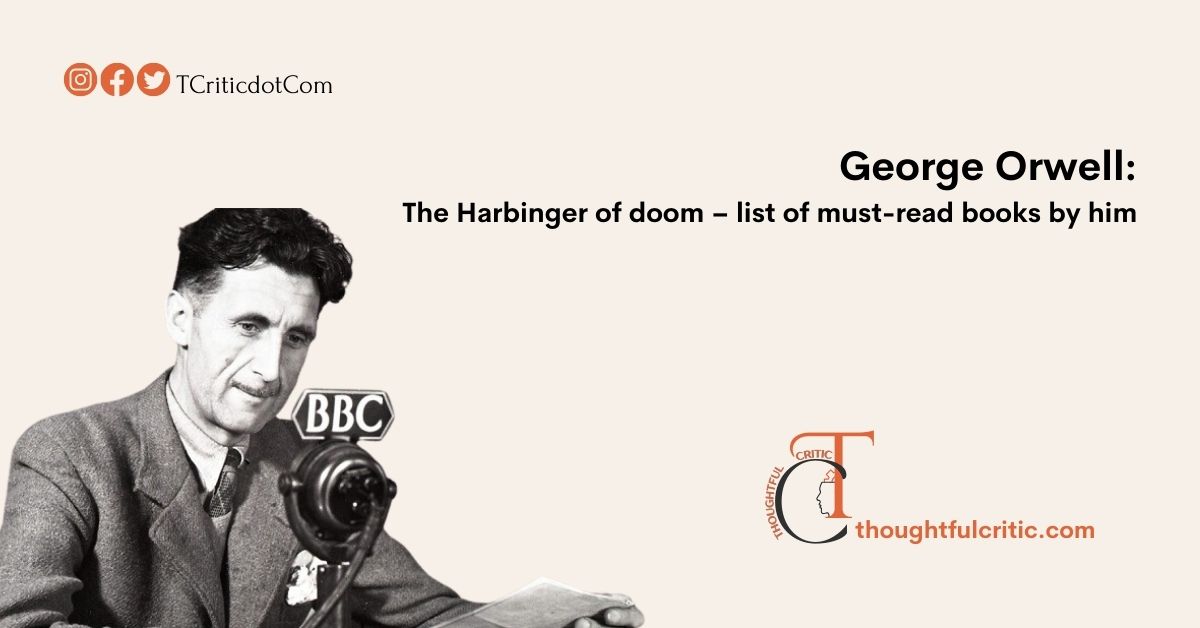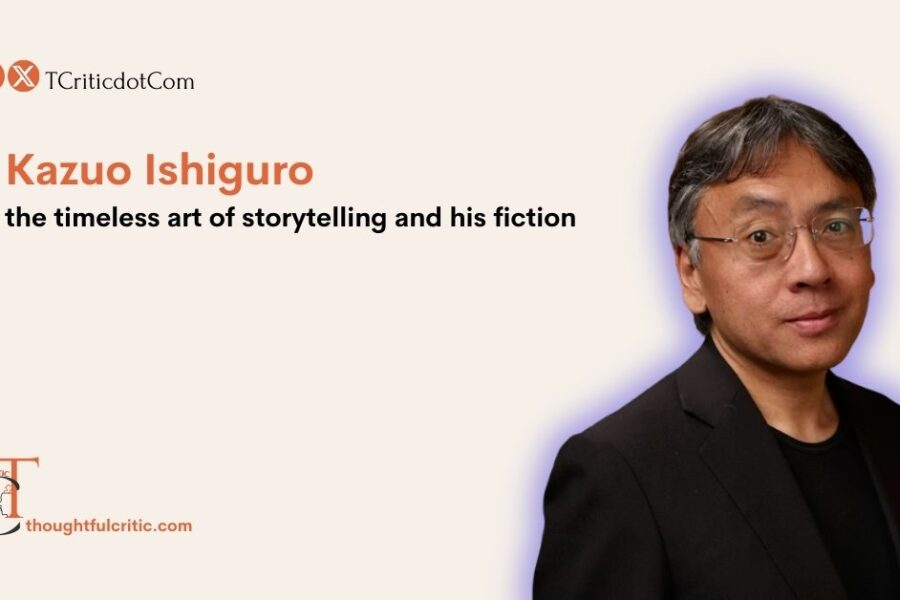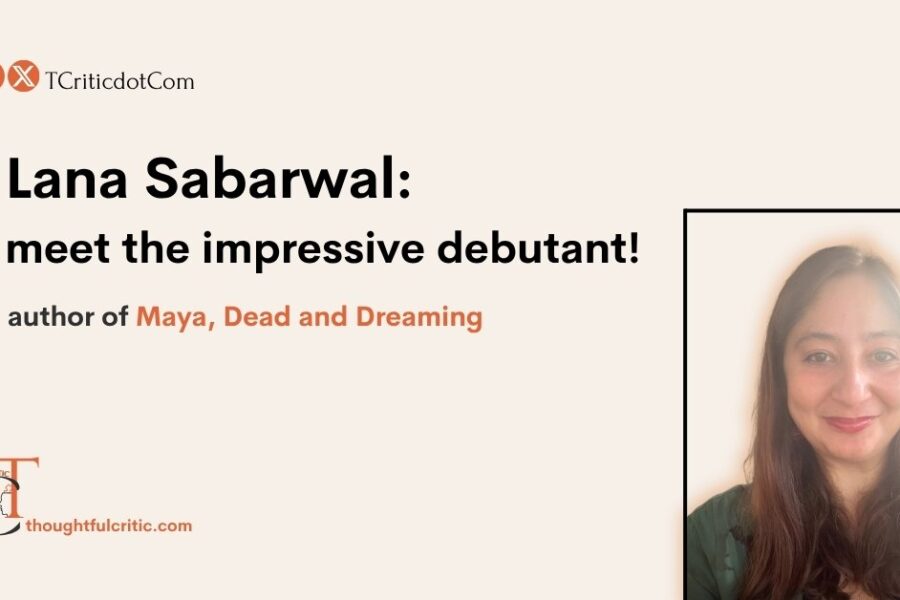Imagine a world where every move you make is watched, every word you speak is recorded, and every thought you have is scrutinised. Sounds like a nightmare, right? Well, welcome to George Orwell’s 1984, a book that has given us the term “Big Brother” and a chilling glimpse into what life could be like under a totalitarian regime. If you’re young and think TikTok algorithms and social media feeds already overrun your life, Orwell’s world would make even your most privacy-invading apps look like a walk in the park.

But Orwell’s genius doesn’t stop at 1984. He’s not just the author who ruined your optimism about the future—he’s also the writer who made you question the fairness of society with Animal Farm, feel the plight of the working class in The Road to Wigan Pier, and rethink the ethics of shooting an elephant in his brilliant essay of the same name. So, if you’re curious about diving into Orwell’s literary universe (and you should be), here’s a guide to his best works that you absolutely must read.
Fiction:
- 1984 (Published in 1949)
- 1984 is more than just a novel; it’s a warning. Set in a dystopian future where the government, led by the omnipresent Big Brother, controls every aspect of life, the book explores themes of surveillance, propaganda, and totalitarianism. Winston Smith, the protagonist, works for the Ministry of Truth, where he alters historical records to fit the Party’s ever-changing narrative. As Winston begins questioning the regime, he embarks on a dangerous journey of rebellion, love, and, ultimately, despair.
1984 is arguably Orwell’s most famous work and has left an indelible mark on global culture. Many critics and readers, including Harold Bloom, have hailed it as one of the most influential novels of the 20th century. The book’s relevance has only grown with time, resonating with readers who see parallels between Orwell’s fictional world and modern-day issues like data privacy, government surveillance, and the erosion of truth.
- Animal Farm (Published in 1945)
- Animal Farm might seem like a simple tale about animals taking over a farm, but don’t let its brevity fool you. This novella is a sharp allegory of the Russian Revolution and the subsequent rise of Stalinism. The story revolves around farm animals who overthrow their human farmer, hoping to create an equal society. However, as the pigs start to take control, the farm descends into tyranny, with the famous line, “All animals are equal, but some animals are more equal than others,” encapsulating the betrayal of the revolution’s ideals.
Orwell’s critique of power and corruption is as relevant today as when the book was first published. Literary figures like Arthur Koestler have praised Animal Farm for its clarity and moral force, making it a must-read for anyone interested in politics, history, or the darker aspects of human nature.
- Coming Up for Air (Published in 1939)
- In Coming Up for Air, Orwell explores the anxieties of pre-war England through the character of George Bowling, a middle-aged insurance salesman who longs for the simplicity of his childhood. As Bowling revisits his hometown, he’s confronted with the harsh realities of change in his personal life and society. The novel is a poignant reflection on nostalgia, the inevitability of change, and the looming threat of war.
This book often flies under the radar compared to Orwell’s more famous works, but it offers a rich and introspective look at a man’s fears and disillusionment as he grapples with the loss of innocence. It’s a compelling read for those interested in Orwell’s writing’s personal rather than political aspects.
Non-Fiction:
- The Road to Wigan Pier (Published in 1937)
- The Road to Wigan Pier is a powerful piece of reportage in which Orwell documents the harsh living conditions of the working class in northern England during the 1930s. The book’s first half is a gritty, unflinching look at poverty, unemployment, and the squalor of life in industrial towns. The second half shifts to a more reflective and polemical tone as Orwell examines his own views on socialism and the disconnect between middle-class intellectuals and the working poor.
This book is crucial for understanding Orwell’s political evolution and deep empathy for the downtrodden. It’s a work that combines meticulous observation with passionate social commentary, making it a standout in Orwell’s non-fiction oeuvre. T.S. Eliot once remarked that Orwell’s keen observations in The Road to Wigan Pier helped bridge the gap between the intellectuals and the masses, highlighting the book’s enduring significance.
- Homage to Catalonia (Published in 1938)
- In Homage to Catalonia, Orwell recounts his experiences fighting in the Spanish Civil War as part of the POUM militia, an anti-Stalinist faction. The book offers a firsthand account of the chaos, idealism, and disillusionment that characterised the conflict. Orwell’s clear-eyed assessment of the internal divisions within the leftist factions and his critique of Soviet interference make this work not just a war memoir but a critical analysis of the betrayal of the revolutionary cause.
Homage to Catalonia is essential reading for anyone interested in Orwell’s political beliefs and the complexities of the Spanish Civil War. It’s a testament to Orwell’s commitment to truth, even when it meant challenging the orthodoxies of his time. Literary figures like Christopher Hitchens have lauded this book for its honesty and moral clarity, making it a cornerstone of Orwell’s non-fiction writing.
Essays and Other Writings:
- Shooting an Elephant (Published in 1936)
- This essay is one of Orwell’s most famous and frequently anthologised works. In it, Orwell reflects on an incident as a colonial police officer in Burma, where he was compelled to shoot a rogue elephant. The essay is a powerful exploration of the complexities of imperialism, the moral dilemmas faced by those in power, and the internal conflict between duty and conscience.
Shooting an Elephant is a perfect example of Orwell’s ability to convey complex ideas through simple, evocative storytelling. It’s a must-read for anyone interested in understanding the personal experiences that shaped Orwell’s views on power and oppression.
- Politics and the English Language (Published in 1946)
- In this seminal essay, Orwell critiques the decline of language in political discourse, arguing that vague and misleading language is used to mask the truth and manipulate public opinion. He offers practical advice on clear writing and insists that political regeneration is impossible without a return to honest and straightforward language.
This essay remains highly relevant today, particularly in an era of political spin and media manipulation. Orwell’s insights into the relationship between language and power have influenced countless writers and thinkers, making Politics and the English Language an essential read for anyone who cares about the integrity of language.
- Why I Write (Published in 1946)
- In Why I Write, Orwell reflects on his motivations as a writer, offering a candid look at the personal and political influences that have shaped his work. He discusses his early aspirations to be a writer, his experiences in the Spanish Civil War, and his commitment to fighting totalitarianism through his writing.
This essay provides invaluable insight into Orwell’s mind and his sense of purpose as a writer. It’s a revealing and inspirational piece that resonates with anyone who has ever felt the compulsion to put pen to paper.
George Orwell’s body of work is as diverse as it is profound, encompassing some of the most significant literary contributions of the 20th century. Whether through his haunting visions of dystopian futures, his sharp critiques of political ideologies, or his deeply personal essays, Orwell’s writings continue to challenge, provoke, and inspire readers worldwide.
Orwell’s ability to blend narrative brilliance with social commentary has earned him a place among the most revered writers in literary history. Figures like Noam Chomsky have praised Orwell’s unwavering commitment to truth, while Margaret Atwood has cited his influence on her dystopian works.
For those seeking to explore Orwell’s legacy, these books and essays are not just recommended reading but essential. They offer a window into the mind of a writer who understood the power of words and used them to confront the most pressing issues of his time—issues that, as Orwell reminds us, remain relevant today.
Feature Piece by Manish for Thoughtful Critic




